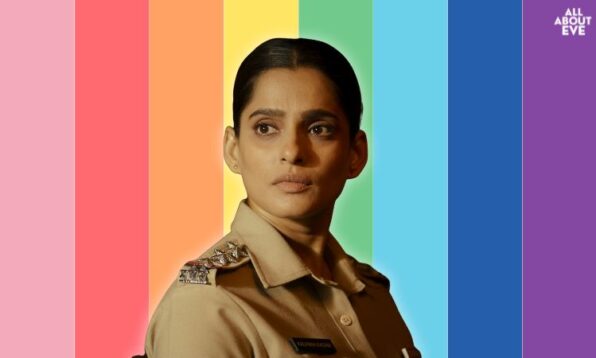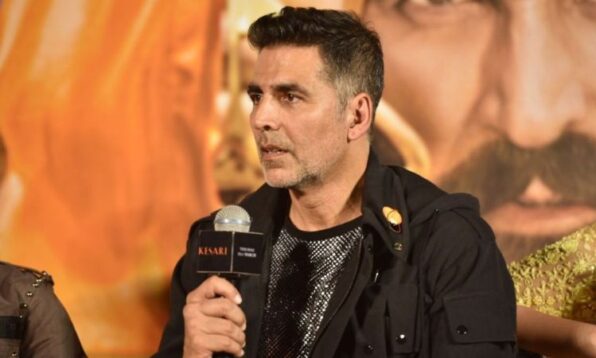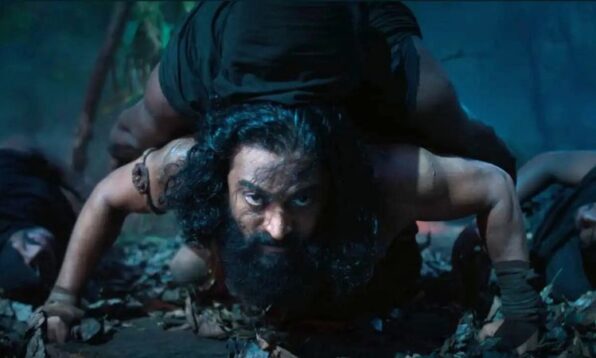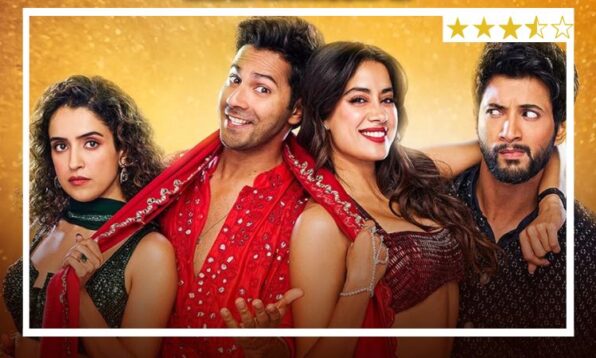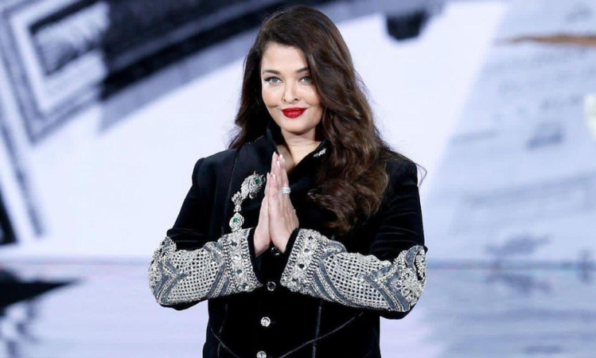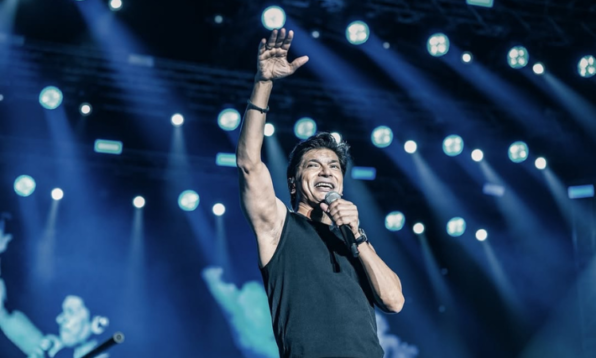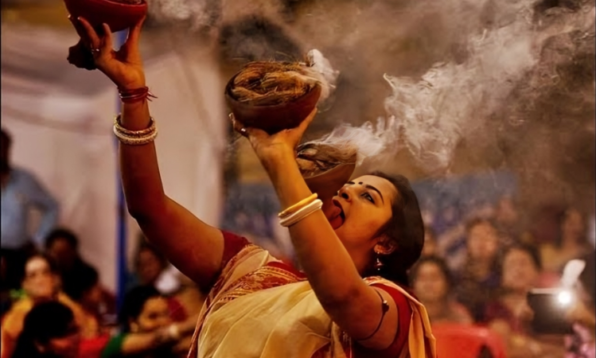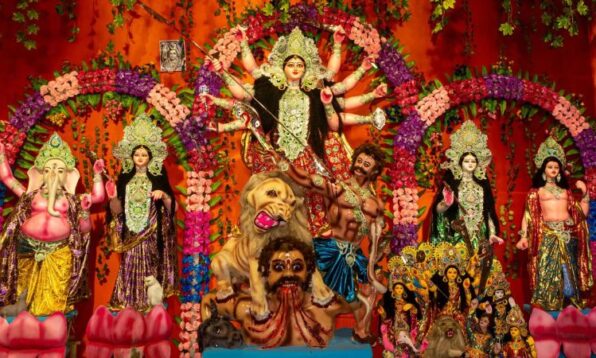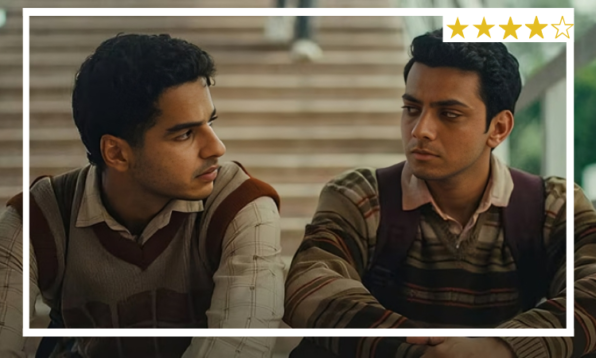For years, Bollywood kept queer people out of the frame, or worse, painted them as punchlines. Today, that’s changing, slowly but surely. Now, OTT platforms are giving visibility to queer people. But in the rush to be progressive, they might just be laying down the blueprint for a new stereotype: the lesbian police officer. It’s not yet a factory-stamped cliché, but the pattern is clear enough to ask — are we witnessing the birth of a trope?
Meet the woman in uniform
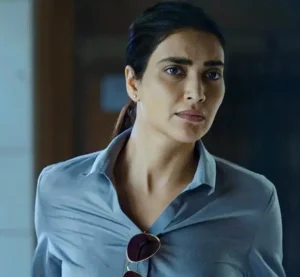
Take Hush Hush. Karishma Tanna’s character of Inspector Geeta Tehlan is sharp, principled, and quietly queer. Her sexuality is written into the story but locked away, as if it belongs in a case file. Representation? Yes. Freedom? Not quite. And this isn’t just about one series. Netflix’s Dabba Cartel added a twist. Among its five women running a secret drug ring is Shahida, a queer Muslim realtor whose relationship with police officer Preeti is hinted at in brief, subtle strokes. The love story is there, but deliberately hushed.
Prajakta Koli’s Andhera, a horror-thriller, leans on the same trope. Inspector Kalpana Kadam is queer and we see that explicitly. But there is still something painfully similar in these characters. They are all closeted characters only embracing their sexuality around their partners. They are shunned by their peers so they try to get that one case that will position them as brave and powerful.
Why is it always a lesbian cop?
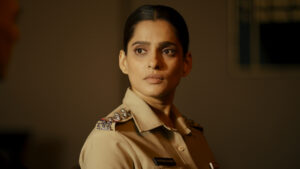
There might be some problems with this emerging trope but we have to appreciate the intention behind this character building. Uniforms do a lot of heavy lifting. They suggest authority, conflict, and respectability. Put a queer woman in one, and the contradictions write themselves: power versus patriarchy, law versus desire, conformity versus identity. It’s an attempt to give power to people who have always been forbidden from taking up space.
Having said that, we also can’t forget that, for filmmakers, it’s a neat shortcut. You can claim you’re telling a bold story while wrapping it in the safe packaging of khaki respectability. And at the same time giving them no power whatsoever. It feels progressive without too much effort and rattling too many cages.
But here’s the catch: if every queer woman on screen is a closeted, controlled, duty-first cop, then we’re not really breaking stereotypes — we’re just swapping one box for another. Where’s the diversity that we aimed at presenting here? The shorthand is already emerging: she’s closeted and discreet, her sexuality always private and rarely lived out loud; she’s morally upright, the brave and disciplined officer whose queerness is tolerated only because she “earns it” through duty; and she’s often reduced to a supporting flavour, her identity adding spice to the plot without ever being allowed the same messy, joyful fullness that straight romances enjoy. This is progress with strings attached.
If the only way we get to see LGBTQ+ characters in Bollywood is under khaki, respectable and restrained, then we haven’t broken stereotypes, we’ve simply dressed them up differently.
Related: Baaghi 4 Review: Twitter Folks Are Divided Between ‘Blockbuster Of The Year’ And ‘Total Time Waste’

 Web Stories
Web Stories
